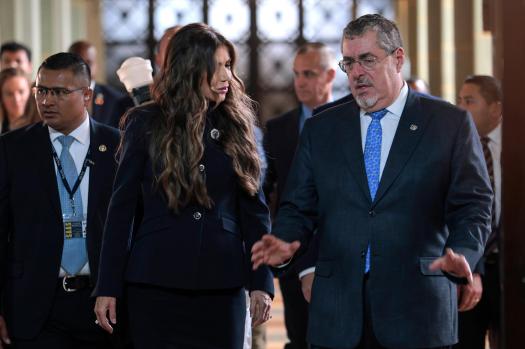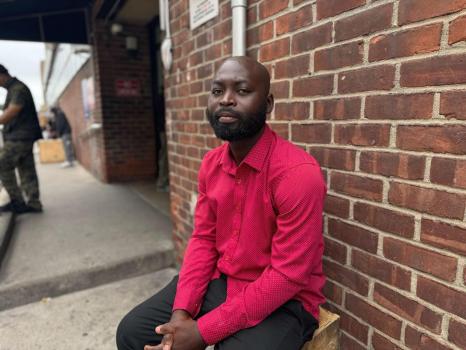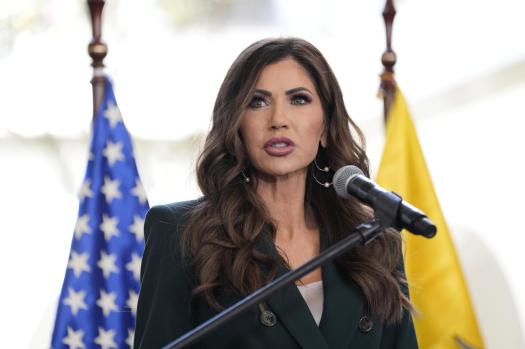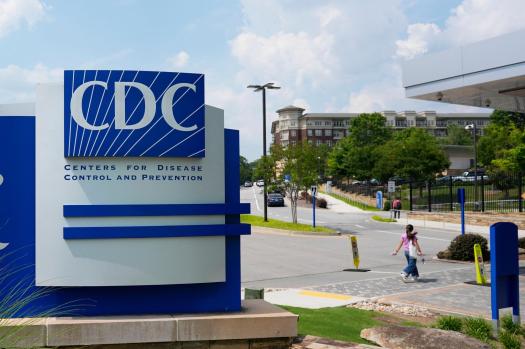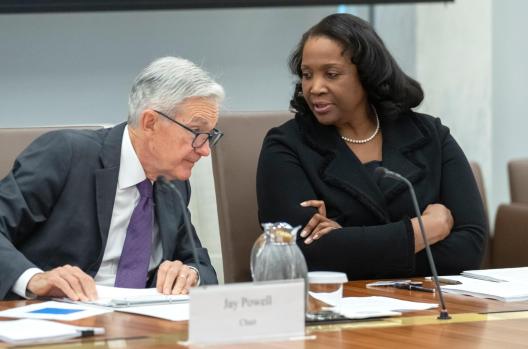By Christopher Sherman and Rebecca Santa
GUATEMALA CITY (AP) — At the end of her Central America tour, U.S. Homeland Security Secretary Kristi Noem announced Thursday that Guatemala and Honduras have signed agreements with the United States to potentially offer refuge to individuals from other countries who would otherwise seek asylum in the United States.
Related Articles
-
Meet the Senate parliamentarian, the official tying Republicans in knots over their tax bill
-
How carbon capture works and the debate about whether it s a future climate solution
-
Former top aide to Jill Biden is subpoenaed by House Oversight panel
-
Trump administration expands military s role at the border to the southern tip of Texas
-
NYC Mayor Eric Adams kicks off reelection bid and casts Mamdani as having a silver spoon
As it looks to increase deportations, the accords broaden the Trump administration’s efforts to give the U.S. government latitude in sending people back to third countries as well as their home countries.
According to Noem, it’s a means of providing asylum-seekers with alternatives to traveling to the US. According to her, the U.S. government has been pressuring Honduras and Guatemala to complete the accords, which have been in the works for months.
According to Noem, those people will be taken by Honduras and, as of right now, Guatemala, which will also grant them refugee status. We have never thought that the United States should be the only choice, that a refugee should always go somewhere safe and secure from any dangers they may encounter back home. The United States need not be the only country.
The United States inked safe-third country agreements with Honduras, El Salvador, and Guatemala during the first term of President Donald Trump. They essentially gave the U.S. the authority to deny certain asylum seekers the right to ask for U.S. protection and to transfer them to nations that were judged secure.
Since 2002, the United States and Canada have had such an agreement.
The practical difficulty was that, at the time, many of the residents of all three Central American nations were fleeing violence and a lack of economic opportunity by traveling to the United States. Additionally, their asylum systems lacked adequate resources.
U.S. Secretary of State Marco Rubio inked agreements with Guatemala and El Salvador in February that permitted the United States to send migrants from other countries to those countries. However, in the case of Guatemala, it was only intended to serve as a transit location for migrants who would subsequently return to their home countries, not to petition for asylum there. Additionally, it was more expansive in El Salvador, permitting the United States to send migrants there for incarceration.
Mexico has taken in almost 5,000 migrants from other nations who were deported from the United States since Trump took office, despite President Claudia Sheinbaum’s announcement on Tuesday that Mexico would not sign a third safe country pact. According to her, Mexico assisted them in returning to their countries of origin and took them in for humanitarian reasons.
Although comparatively few migrants have been dispatched thus far, the United States also has agreements with Panama and Costa Rica to accept migrants from other nations. In February, the Trump administration dispatched less than 200 to Costa Rica and 299 to Panama.
Particularly for migrants from nations where it is difficult for the United States to repatriate them directly, the accords provide U.S. officials with alternatives.
From Mexico City, Sherman provided a report.
